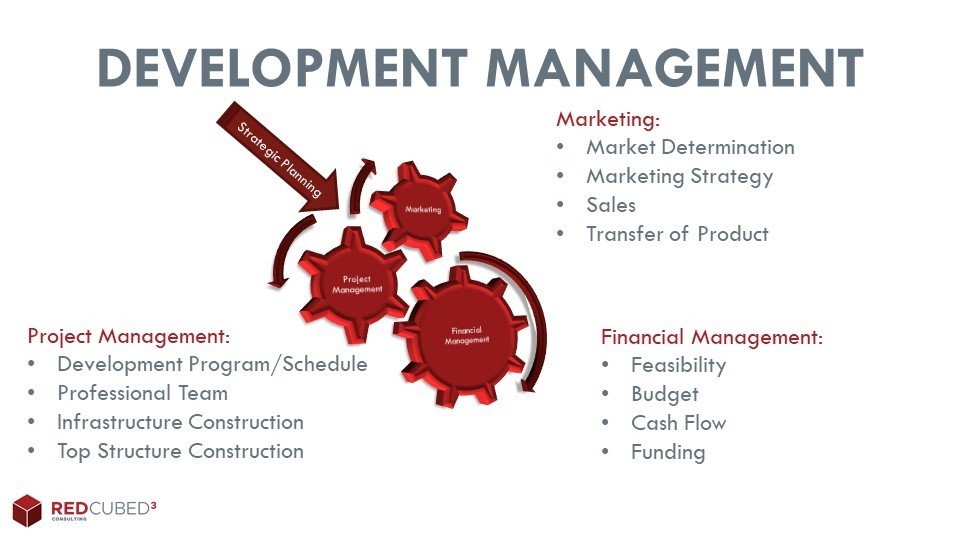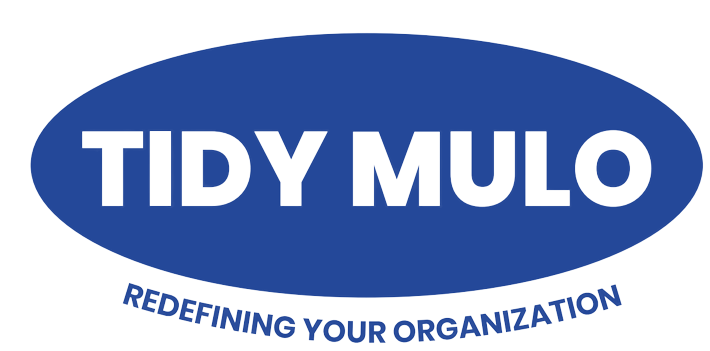
Project management in property development is a dynamic and multifaceted discipline that plays a pivotal role in turning conceptual ideas into tangible real estate assets. This write-up explores the essential aspects of project management within the realm of property development, emphasizing its significance in navigating complexities, ensuring efficiency, and delivering successful outcomes in the built environment.
Project Initiation:
At the outset, project managers collaborate with stakeholders, including developers, architects, investors, and local authorities, to define the project scope, objectives, and constraints. This stage involves comprehensive feasibility studies, risk assessments, and financial analyses to lay a solid foundation for the development process.
Planning and Design:
Project managers work closely with design and architectural teams to translate conceptual ideas into detailed plans. This phase involves creating a comprehensive project schedule, budget, and resource allocation. Efficient planning ensures that the development aligns with zoning regulations, environmental considerations, and stakeholder expectations.
Procurement and Contracting:
Project managers are responsible for procuring necessary resources, materials, and services. They engage in contract negotiations, select contractors, and manage relationships with suppliers. Effective procurement strategies contribute to cost control, quality assurance, and timely project delivery.
Construction and Implementation:
During the construction phase, project managers oversee the day-to-day activities on-site. This includes monitoring progress, ensuring adherence to safety regulations, and addressing any unexpected challenges that may arise. They act as liaisons between different stakeholders to maintain clear communication and resolve issues promptly.
Quality Control and Assurance:
Project managers implement rigorous quality control measures to ensure that the final product meets the specified standards and complies with regulatory requirements. They conduct inspections, review construction documentation, and address any deviations from the original plans to maintain the integrity of the development.
Risk Management:
Property development projects inherently involve various risks, including financial, regulatory, and environmental factors. Project managers employ risk management strategies to identify potential issues, assess their impact, and develop contingency plans. This proactive approach minimizes the likelihood of setbacks and enhances the project’s resilience.
Project Completion and Handover:
As the project nears completion, project managers oversee the final stages, including inspections, certifications, and the handover process. They ensure that all contractual obligations are met, and the property is ready for occupancy or use. Post-project evaluations are conducted to identify lessons learned and areas for improvement in future endeavors.
Impact on Property Development:
- Efficient Resource Utilization: Effective project management optimizes the use of resources, ensuring that time, budget, and materials are utilized efficiently.
- Timely Delivery: Through meticulous planning and monitoring, project managers facilitate the timely completion of property development projects, minimizing delays and associated costs.
- Stakeholder Satisfaction: Clear communication and collaboration with stakeholders foster positive relationships, leading to higher satisfaction levels among investors, clients, and end-users.
- Risk Mitigation: Proactive risk management strategies enable project managers to anticipate and address challenges, reducing the likelihood of unforeseen issues affecting the development.
Conclusion:
In the intricate realm of property development, project management emerges as the linchpin that transforms visions into reality. By integrating strategic planning, effective communication, and adept problem-solving, project managers navigate the complexities inherent in development projects, ensuring they unfold seamlessly from conception to completion. The success of property development hinges on the skillful orchestration provided by project management, making it an indispensable discipline in the dynamic and evolving landscape of real estate.

